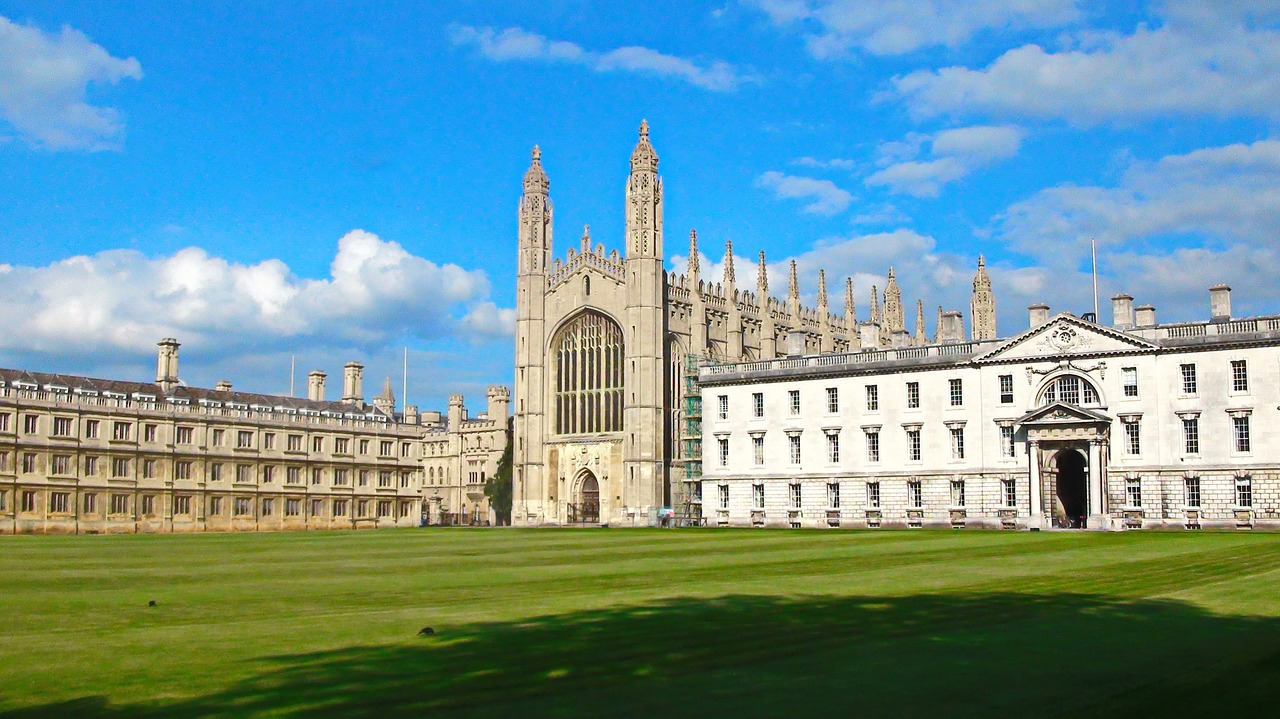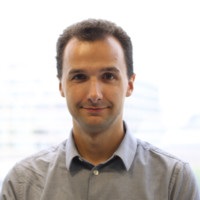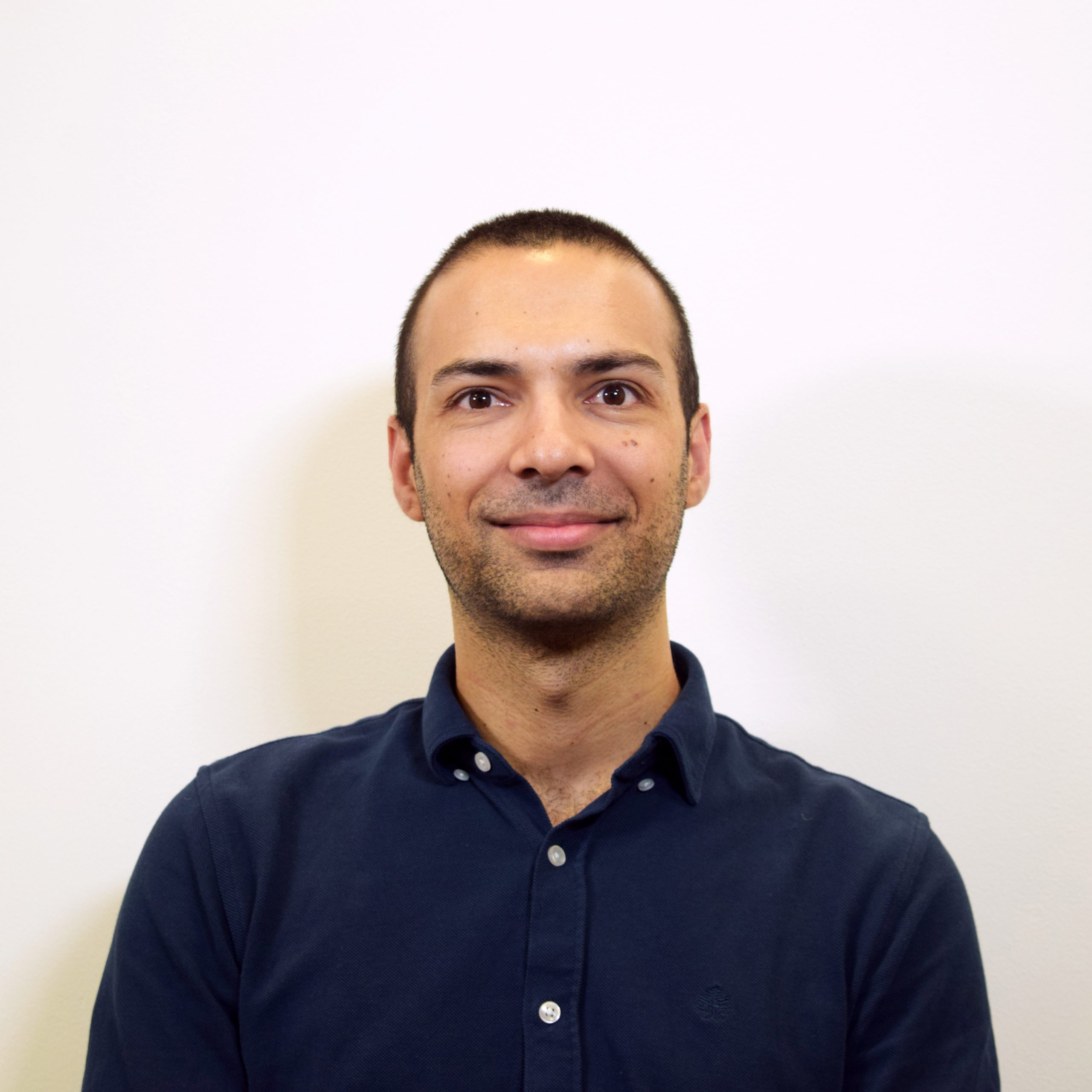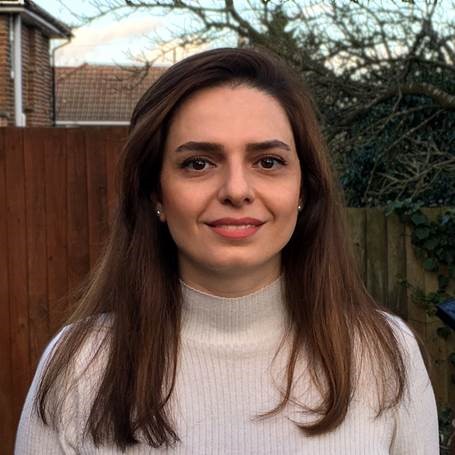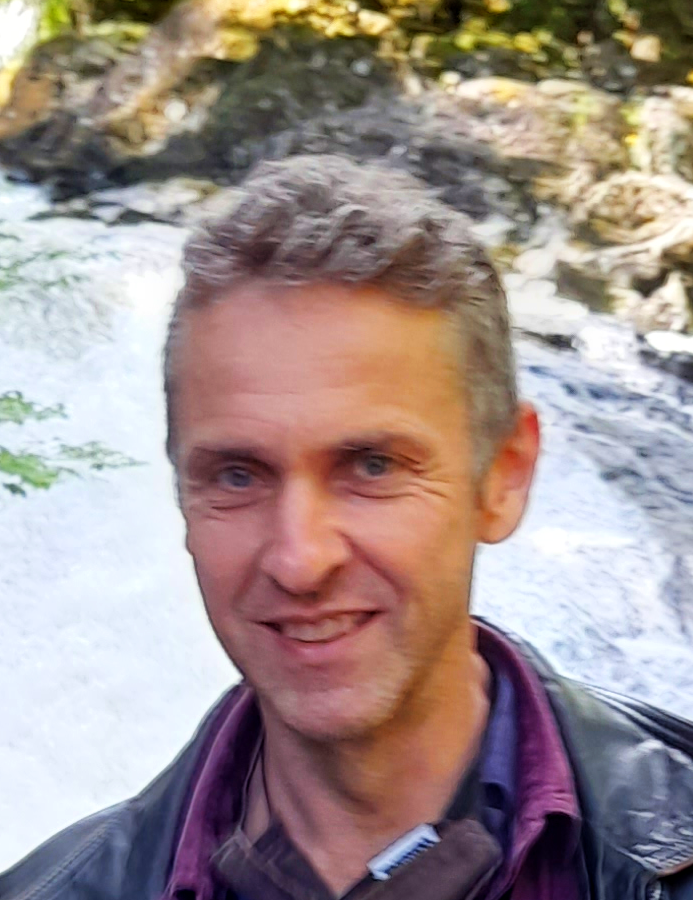King's College London

Introduction
We are driven by our commitment to improve the way we deliver healthcare through the use of advanced engineering.
A diverse and talented group working across the whole MedTech sector, we advance research, innovation and teaching progress through our shared mission of engineering better health for patients worldwide.
Our state-of-the-art labs and clinical-research facilities are embedded in St Thomas’ Hospital where we can ensure our research projects are fully aligned with current clinical practice. Long-term collaborations with global MedTech companies and new partnerships with innovative start-ups ensure multiple pathways to translation.
Research is organised into ambitious, large-scale and long-term research projects supported by our set of six departments. This diverse infrastructure allows us to combine expertise and apply the latest healthcare concepts to deliver ground breaking results.
We pass this integrated approach to the next generation of healthcare specialists who study with our lecturers. Courses with practical training and real-world application at their core, taking place at the UK’s most research active NHS trust.
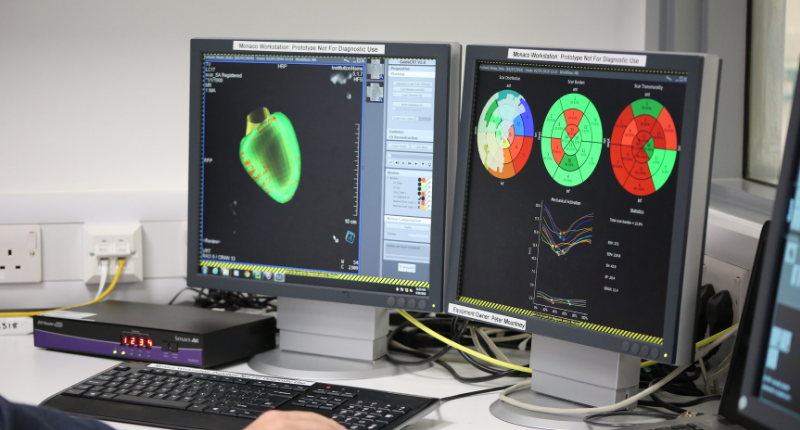
Team of School of Biomedical Engineering & Imaging Sciences
About
Dr. Marc Modat
Marc Modat is a senior lecturer in the school of Biomedical Engineering and Imaging Sciences at King’s College London. He is an expert in medical image registration and the main developer of NiftyReg, an open source software for efficient image registration. Over the years, Marc has been developing numerous techniques for registration including near real time registration, biomechanically constrained model or symmetric and invertible diffeomorphisms. He has also developed application-tailored algorithm for surgical guidance, both for brain and musculoskeletal interventions. NiftyReg is currently used in large scale clinical research studies as well as in clinical trials.
His research interests include, amongst others, the development of novel imaging biomarkers, especially for monitoring the elderly brain, using magnetic resonance imaging or positron emission tomography. He is also involved in the development of algorithmic tools for surgical planning and surgical guidance, using model-based and machine learning approaches.
Marc is also involved in the setup and deployment of data analytics platforms, which encompass secured data transfer, storage and automated processing. Such platforms are currently used for large scale international clinical studies.
About
Dr. Alberto Gomez
Alberto Gomez is a Research Fellow in the School of Biomedical Engineering & Imaging Sciences at King’s College London, UK. He received his BSc degree in Telecommunications Engineering from the Technical University of Madrid, Spain, in 2009, and an MRes in image and signal processing from IMT-Atlantique, Brest, France, the same year. He received his PhD degree from King’s College London in 2013. His research interests are focused on Smart Ultrasound Imaging, including acquisition, analysis and visualisation for cardiac and fetal applications.
About
Dr. Hamideh Kerdegari
Dr. Hamideh Kerdegari is a research associate at King’s College London working on the VITAL project, funded by Wellcome Trust. In the VITAL project, she is investigating deep learning techniques for ultrasound guidance and analysis of lung, muscle, and cardiac applications for critically ill patients in the ICU. Previously, she was a research associate at robot vision team (RoViT) lab, Kingston University. She received her PhD in computer science from the University of Sheffield. Her research interests include computer vision, deep learning, and their applications in medical imaging analysis.
About
Dr. Miguel Xochicale
Hi, I am Miguel. My research interests are in the creation of Signal and Image Processing techniques in the context of Human-Robot Interaction, Wearables in Medicine, Ultrasound-Guided Interventions, Medical Robotics, and Research Software Engineering.
I am currently a Research Associate at King’s College London within the School of Biomedical Engineering and Imaging Sciences where in the Vietnam ICU Translational Applications Laboratory (VITAL) project. I am scientifically contributing with automatic biometric recognition from Cardiac ultrasound data using deep learning techniques, these in close collaboration with Dr Alberto Gomez. Before that, as a postdoctoral researcher, between April 2019 to August 2021, I pushed forward the state-of-the-art of ultrasound-guided procedures in the Guided Instrumentation for Fetal Therapy and Surgery (GIFT-Surg) project where I made scientific contributions to new algorithms, software, hardware and medical device quality management systems, those in close collaboration with Prof. of Interventional Image Computing Tom Vercauteren and Dr. Wenfeng Xia. In July 2019, I was awarded a Ph.D. degree in Computer Engineering from the University of Birmingham where I investigated Nonlinear Analysis to Quantify Movement Variability in Human-Humanoid Interaction under the supervision of Prof. of Pervasive and Ubiquitous Computing Chris Baber and Prof. of Information Engineering Martin Russell.
I have 20 years’ experience in human-robot interaction, electronics, mechatronics, signal processing and AI in healthcare, along with 12 years’ experience as a teaching associate in Mechatronic and Computer Engineering and 5 years’ experience in public engagement activities. I have passion for Open Science meaning that I open-sourced all my contributions to knowledge in my GitHub @mxochicale. I also tweet and re-tweet about AI, Robotics, Chaos, AI and Healthcare @_mxochicale, I write in my blog from time to time, and in my free time am trying to improve my juggling skills and enjoy time with my family and friends.
Website: mxochicale.github.io
Twitter: @_mxochicale
About
Dr. Liane Canas
Liane Canas is a Postdoctoral Research Associate in the Department of Biomedical Engineering, School of Biomedical Engineering & Imaging Sciences. She has received her MSc from the University of Lisbon in 2015, and she received her PhD from University College London in 2020. In the VITAL project, her main goal is the development of disease progression and interventional models to study the progression of Tuberculosis Meningitis (TBM) in the brain, and the impact of some covariates, such as demography, treatment and environmental factors, on the patient’s outcome. She also collaborates on COVID-19 research in the UK, where she developed a model to detect the early signs of infection from self-reported symptoms using data from a population-based study.
Her research interests include, amongst others, the development of disease progression models, including Bayesian models, and their translation and use in neuroimaging studies.
About
Dr. Andrew King
Dr Andrew King is a Reader in Medical Image Analysis in the Biomedical Engineering department at King’s College London (KCL). Dr King received a PhD degree in Computer Science from Warwick University in 1997 under the supervision of Professor Roland Wilson. From 2001-2005 he worked as an Assistant Professor in the Computer Science department at Mekelle University in Northern Ethiopia. Since 2006 he has worked in the Biomedical Engineering department at King’s College London, focusing on image analysis and machine learning in medical imaging, with a specific emphasis on the challenges and opportunities of repetitive motion.

